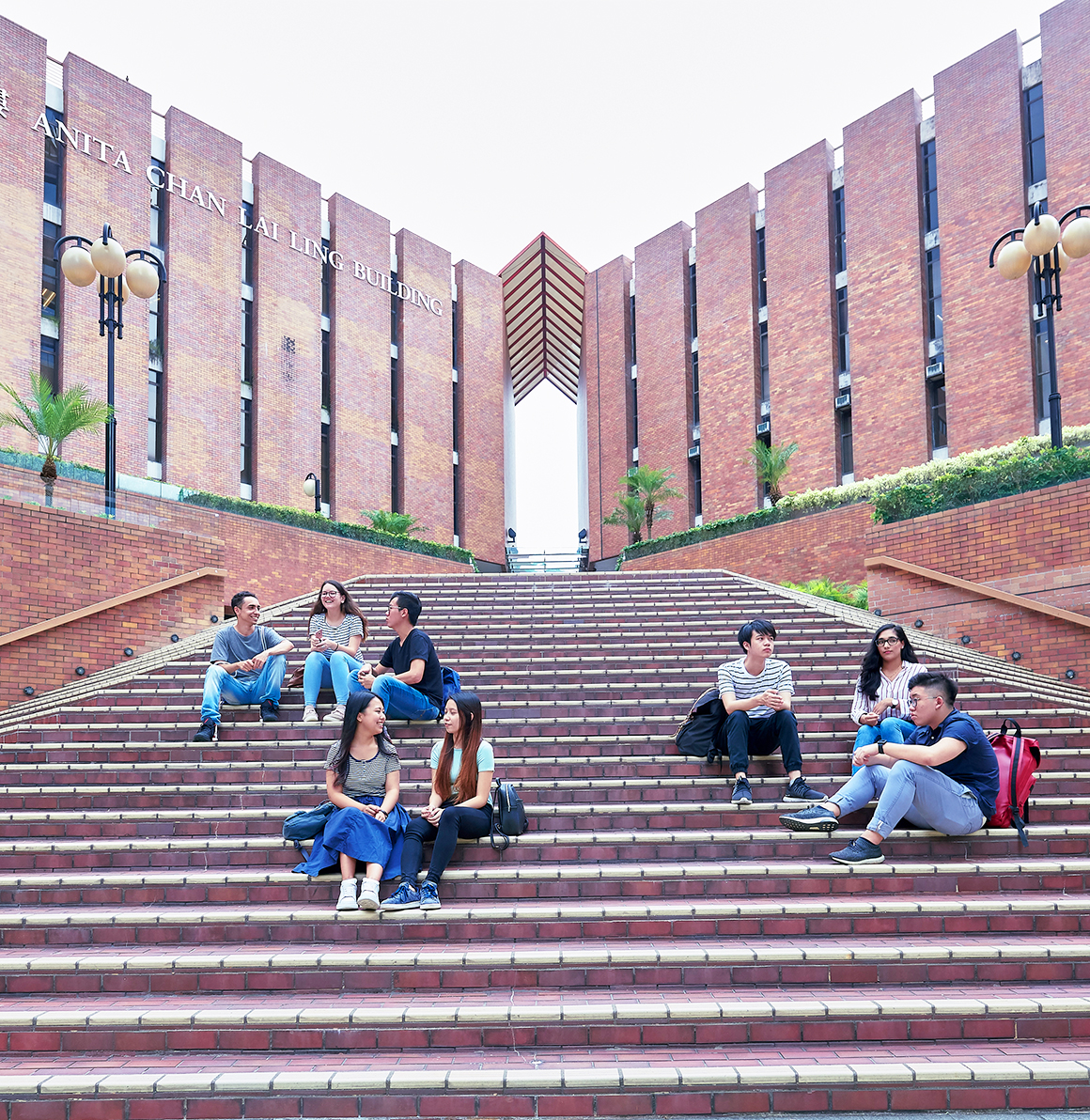
Financial Assistance and Scholarships | PolyU
PolyU offers different types of financial assistance schemes and scholarships to local and non-local students to cater for their specific circumstances.

Different types of financial assistance schemes are available for PolyU students to cater for their specific circumstances.
PolyU’s financial assistance for local students
Besides financial assistance provided by the government, PolyU’s Student Affairs Office administers Financial Assistance Scheme covering a number of bursaries and interest-free loans which are intended to provide additional assistance to students whose necessary expenses cannot be covered by the government's Tertiary Student Finance Scheme - Publicly-funded Programmes (TSFS) and the Non-means-tested Loan Scheme for Full-time Tertiary Students (NLSFT) and/or their family/personal resources.
We also offer financial assistance to students who face unforseen financial hardship. All local full-time degree and sub-degree students (For needy postgraduates, they may be considered for The Croucher Foundation Fund for Students with Emergency Needs.) facing dire financial difficulties caused by recent unforeseen circumstances such as sudden unemployment/serious illness/accident/death of the sole breadwinner of the family, natural or man-made disaster, etc. at any time of the academic year, may apply for emergency financial assistance.
Financial assistance to encourage global exchange
PolyU is committed to making our global opportunities financially accessible to our students. Global Exchange participations are supported by a range of financial assistance, such as Global Engagement Office (GEO) Subsidy for Global Exchange, GEO Exchange Grant and government subsidy. Faculty/School/Department may offer additional financial assistance that aims at covering expenses such as flights, accommodation or living costs. Eligibility and exact amount vary across destinations and durations.
PolyU’s financial support to non-local students
Though non-local students are not eligible to apply for financial assistance from both the Government of the Hong Kong Special Administrative Region and PolyU, we accords recognition to outstanding international and Mainland (prospective and current) by granting them scholarships on the basis of academic merit, non-academic achievements (e.g. prizes/awards received in internationally recognised competitions).